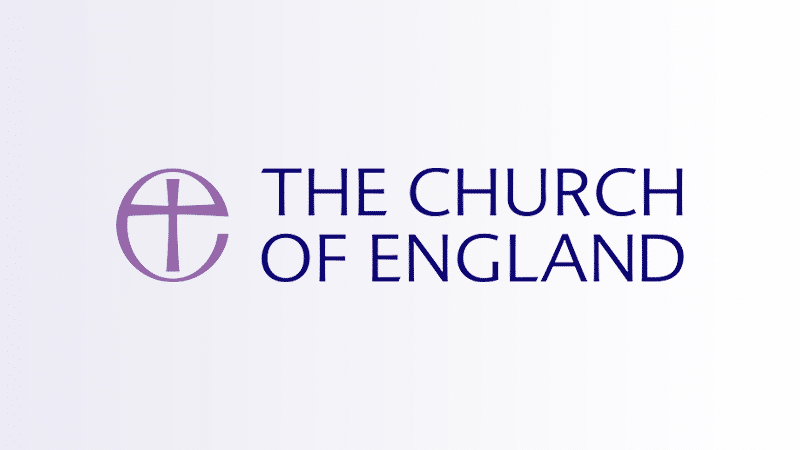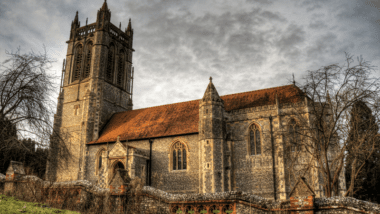The Church of England’s House of Bishops has accepted that decisions on same-sex blessing services must follow due process and not just be pushed through.
They agreed at a residential meeting last week that such services would require a two-thirds majority vote in the three Houses of Synod before being permitted, putting a significant barrier in the way of bespoke ceremonies to bless same-sex marriages being introduced. A vote on these same-sex blessings only passed by a small margin in the House of Clergy and the House of Laity last year.
Without following due process, the Church could be open to legal challenge. CofE law states that services should not indicate “any departure from, the doctrine of the Church of England in any essential matter”.
Legal and theological barriers
The update from the House of Bishops states that since approving prayers of blessings for same-sex couples, “the Church has been exploring whether special ‘bespoke’ services using the [Prayers of Love and Faith] could be introduced and whether clergy could legally enter into same-sex marriages.”
It continued that, following legal advice, “the bishops agreed in principle that both bespoke service and clergy same-sex marriage would need formal synodical and legislative processes to be completed before they could be permitted”.
Stephen Cottrell, the Archbishop of York, explained: “As we continue prayerfully to navigate this important work on behalf of the Church, we believe these are the right decisions following further legal and theological advice.
“However, we recognise that for some, they will be difficult and disappointing. I continue to pray for God’s grace and gentleness for all as we continue to discern a way through these questions.”
Clergy same-sex marriage
One ‘key decision’ made by the House of Bishops was to “explore what formal legislative process – such as an amending canon and measure – would be required before clergy could be permitted to be in a same sex civil marriage”.
The update stated that a change to allow clergy to enter into same-sex marriages would only need a simple majority vote in the three Houses of Synod.
It added: “Although there remains a wide range of views within the House on questions of sexuality and relationships, there was strong consensus on the need for unity, transparency and proper process alongside pastoral care.”
The decisions are set to be formalised by the House in December, meaning blessings for same-sex marriages will not progress for now, though LGBT activists within the CofE could now push to make changes to historic biblical doctrine in order to force through the changes.
Departure from doctrine
Former Archbishop of Canterbury Justin Welby shocked evangelicals in the CofE last year by publicly abandoning the Church’s historic teaching on sexual ethics.
While the CofE officially maintains that sexual activity should only take place within marriage, and that marriage is the union of one man and one woman, Justin Welby said in an interview on ‘The Rest Is Politics’ that sexual activity is permissible within ‘committed relationships’, and that the ‘majority’ of bishops are in agreement.
The Church of England Evangelical Council called the statement “devastating”, saying it marked “a clear departure from the doctrine of the Church of England, the Anglican Communion, and every other major Christian denomination across the world”.
CofE appoints first female Archbishop of Canterbury
Global Anglicans decry appointment of lesbian Archbishop in Wales
CofE Evangelicals: ‘Synod’s rejection of God’s word tearing the church apart’


